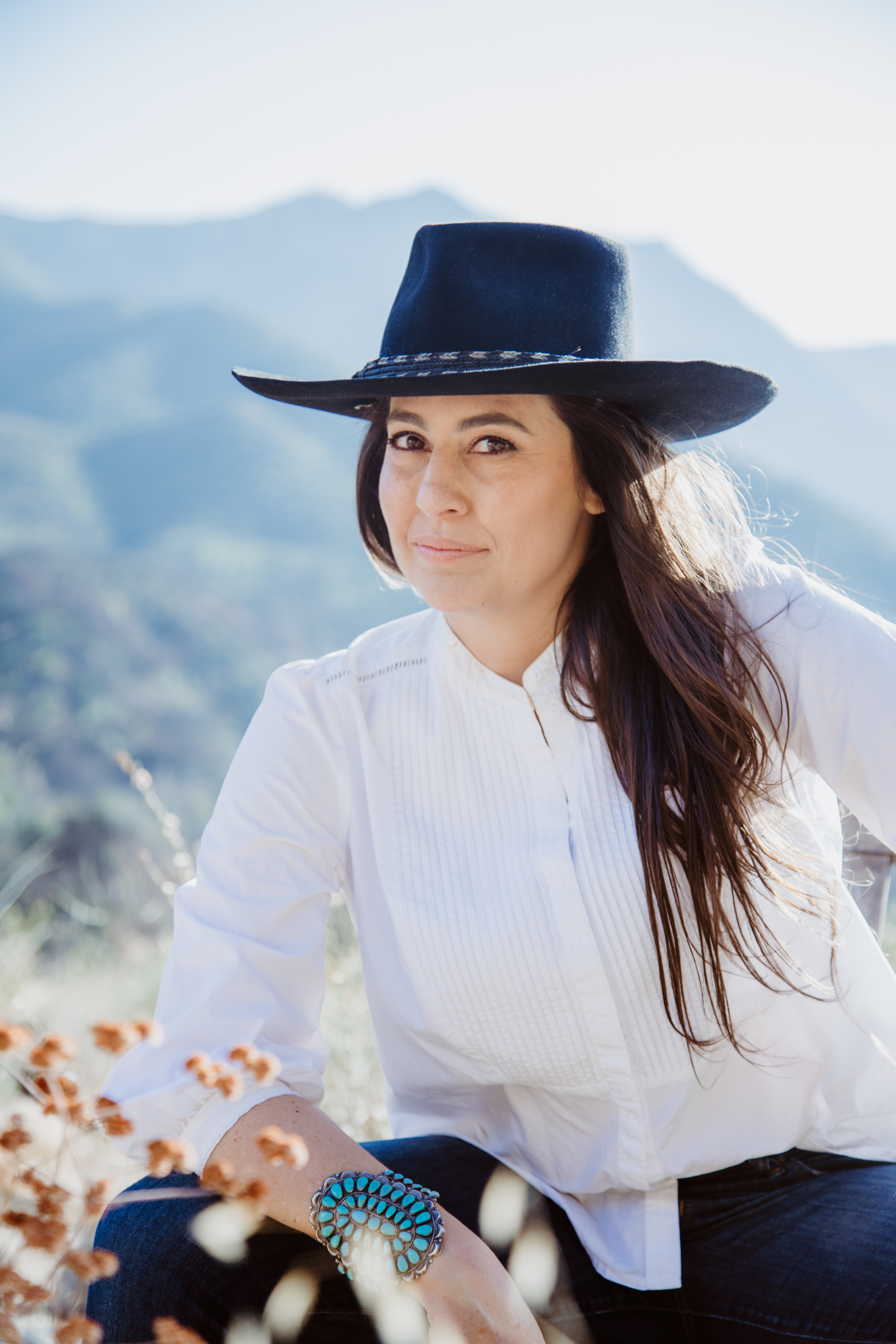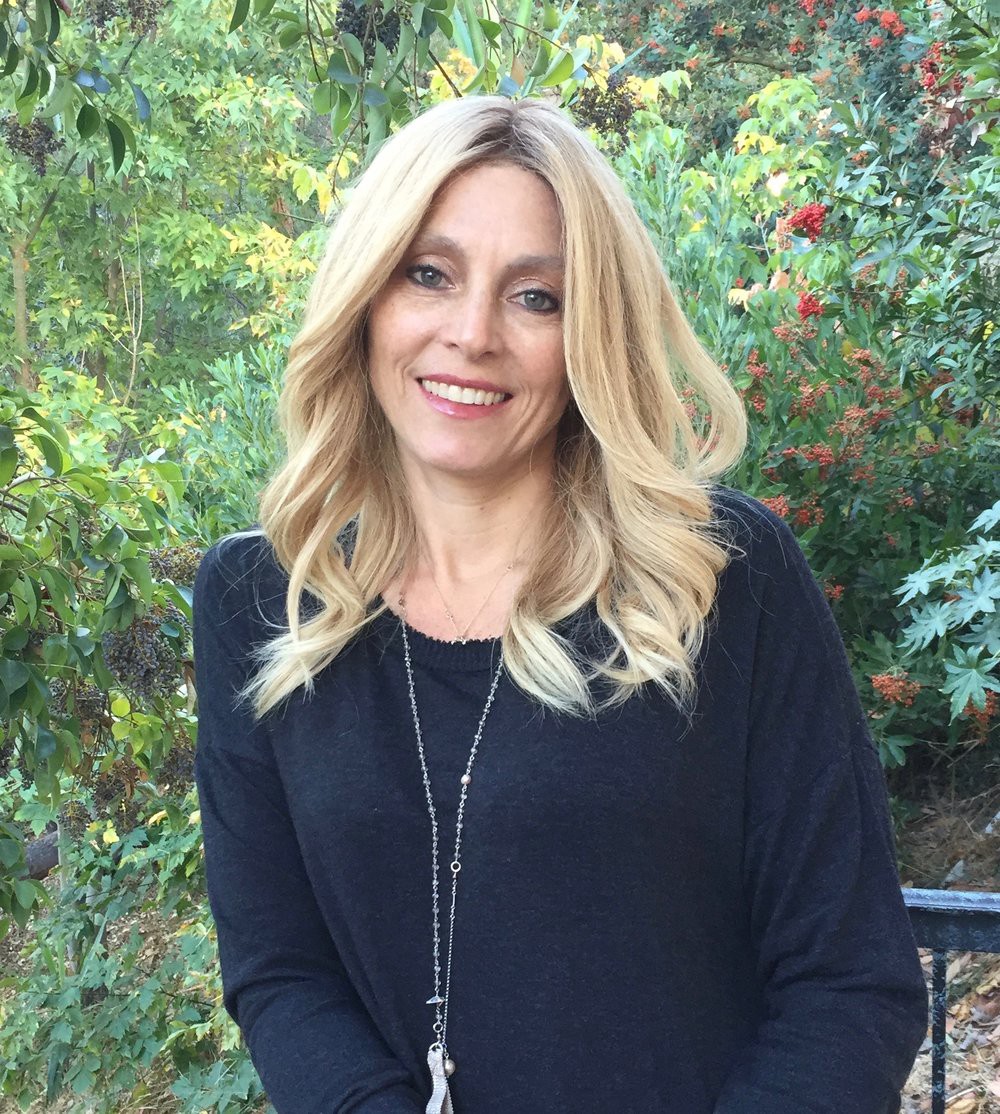I had the pleasure of interviewing Brette Genzel-Derman, who is a practicing clinical psychologist with 20 years of experience. She has a private practice focused on psychological testing and is the Founder of Acoustic Youth — an innovative group therapy program that helps adolescents develop coping strategies. Dr. Genzel-Derman is the Coordinator of the Assessment of Sexual Knowledge program and the developer of the Therapeutic Creative Arts program at the non-profit Child and Family Guidance Center.
Thank you so much for joining us! Can you tell us a story about what brought you to this specific career path as a doctor or healer?
Adolescence was a challenging time for me. My very first experience in therapy was at the age of 15 — it was quite impactful. It gave me insight into my past and provided me with a greater understanding of how family dynamics were contributing to my negative behaviors. Therapy also provided me with an empathic adult, who not only validated my experience, but who encouraged me to believe in myself. Most people who choose a helping profession, do it to discover one’s self or to give back. I suppose I am no different.
How have your personal challenges informed your career path?
At the age of 25, while I was attending graduate school in psychology, my father was diagnosed with pancreatic cancer. The news shook my world and greatly influenced my decision to focus my doctoral dissertation on loss and grief. As part of my doctoral project, I wrote a children’s book and asked my father to illustrate it. Through this creative process my father and I reached a deeper level of connection and in essence said goodbye to one another. My metaphorical story provided my father with insight into my feelings about losing him and his illustrations communicated things to me that I know he could not say in words. Little did I know, this was laying the early foundation for a future profession and business in the expressive arts.
Can you share some advice to other doctors to help their patients to thrive?
First and foremost, I believe that we need to help our clients learn how to capitalize on their strengths and be accepting of their weaknesses. When a person can own and acknowledge a weakness it can often remove powerful feelings of shame that have become associated with that weakness. My second piece of advice is to encourage clients to find out what motivates and energizes them, and to challenge them to do these activities as much as they can. This is the basis for the development of healthy coping strategies. Doing those things we enjoy and which invigorate us turns out to be one of the best buffers against stress. My third piece of advice is to help clients identify what allows them to feel safe in the world. When people do not feel safe, they often act in ways that negatively impact themselves and others. When a person learns to self-soothe and restore a sense of safety in their world they are much less likely to experience chronic distress. A fourth piece of advice is to encourage clients to build a strong social network. Humans are relational beings — without healthy human connections people are unlikely to feel happy and fulfilled. Lastly, I feel strongly that clients can benefit from expressing gratitude and kindness toward others. Research indicates that when a person practices gratitude and kindness it can significantly improve their mood and sense of value in the world.
Social media and reality TV create a venue for people to share their personal stories. Do you think more transparency about your personal story can help or harm your field of work? Can you explain?
There are some real dangers with social media and reality television. Current research indicates that social media is contributing to higher rates of depression and loneliness, particularly in adolescents and young adults. Some forms of reality television can be problematic because they do not depict real situations, but rather an embellished story that producers think will pique an audience’s interest. In my opinion, this is not the right venue for discussions about serious mental health challenges.
When a client experiences a therapist as being genuine, it can help establish a trusting relationship. However, transparency is different than authenticity. Many times it is inappropriate for a therapist to disclose personal information. Therapists must keep the focus on the patient and not bring their own agenda into the session.
Can you please give us your favorite “Life Lesson Quote”? Do you have a story about how that was relevant to your life?
“The future belongs to those who believe in the beauty of their dreams.” — Eleanor Roosevelt
In 2015, I was working on a group therapy curriculum to help teens cope with trauma. During this time, I was also watching Grammy-winning musician Dave Grohl’s HBO docu-series Sonic Highways. In the series Grohl uses an approach to song writing that inspired me to develop a therapeutic curriculum that promotes emotional expression through song writing and recording. For many months I was anxious and hesitant to contact the lead singer of the Foo Fighters. With nothing to lose and everything to gain, I pursued my dream and wrote him a letter. To my surprise, Grohl not only liked the idea, but also volunteered as a musical mentor in the pilot program. I named the group Sonic Teens in recognition of Grohl’s work. After many successful groups, I expanded the curriculum to address the needs of a wider teen population. The new program is called Acoustic Youth. Providing opportunities for kids to experience therapeutic growth while doing something they love is a dream come true.
You are a person of great influence. If you could inspire a movement that would bring the most amount of good to the most amount of people, what would that be? You never know what your idea can trigger. 🙂
For those of you who are not familiar with the ACE research study — it is profound. This study found that there is a strong relationship between adverse childhood experiences (ACE) and subsequent unhealthy coping mechanisms that contribute to disease, disability and social problems as well as premature mortality. The movement I want to stand behind is helping our children learn positive coping strategies now, in order to prevent future mental health problems. If we can teach children how to channel their passions like art, music, drama, sports, dance, etc. into daily coping strategies, I believe we can help people live happier, healthier and more fulfilling lives.
How can our readers follow you on social media?
I am new to the social media world and I am not a prolific poster on Facebook or Instagram. Having said that, I realize the importance of using these mediums to connect with others, so look for future posts under the Acoustic Youth name.
“I would love to see someone use reality television in a way that depicts real people struggling with mental health challenges in a way that shows growth and empowerment — now that could be powerful!”
This was very inspiring. Thank you so much for joining us!


